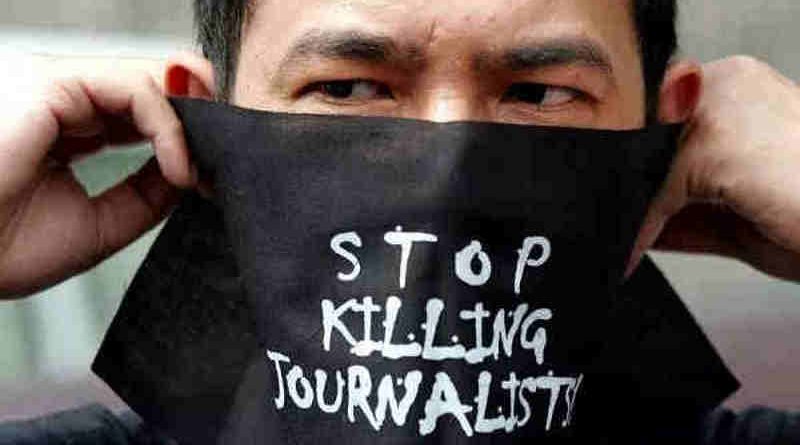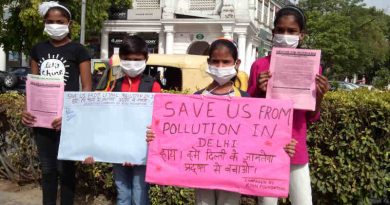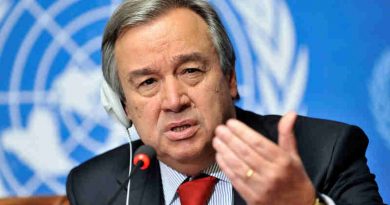Authoritarian Leaders Attacking Journalists and Media Outlets: UN Report

Reporters getting killed while chasing a story. Online attacks against women journalists, including death and rape threats. Targeted electronic surveillance to intimidate and silence investigative journalism.
This is the dangerous reality for many journalists around the world as media freedom and safety have diminished in the digital age with a grave impact on human rights, democracy and development, a UN expert warned.
“The decline of media freedom and the rise in threats to the safety of journalists is a worldwide trend, most sharply evident in backsliding democracies and recalcitrant totalitarian States,” said Irene Khan, UN Special Rapporteur on the promotion and protection of the right to freedom of opinion and expression. “The consequences for human rights, democracy, public participation and development are worrying.”
In a report to the Human Rights Council (HRC), Khan said digital technology has opened great opportunities for journalists and media freedom, including ground-breaking investigative reporting, cross-border collaboration, fact-checking with audiences, and access to treasure troves of data and sources.
However, Khan pointed out the digital age also poses serious challenges and threats. As examples, she cited online and offline attacks and killing of journalists with impunity; criminalisation and harassment of journalists; and the erosion of independence, freedom and the plurality of voices and opinions in state and corporate media, including digital companies.
“Silencing journalists by killing them is the most egregious form of censorship,” Khan said, urging the Council to consider measures to address impunity, including an international taskforce on the prevention, investigation and prosecution of attacks against journalists.
She cited a database site compiled by the United Nations Educational, Scientific and Cultural Organization (UNESCO) which reported that 455 journalists had been killed while doing their jobs between 2016–2021. In more than eight out of ten cases, the perpetrators have not been brought to justice.
The report draws special attention to online attacks against women journalists, which are often vicious, coordinated and highly sexualized, and target women from religious and ethnic minorities or gender non-conforming people.
“Such violence inflicts very real psychological injury, chills public interest journalism, kills women’s careers and deprives society of important voices and perspectives,” the report says.
The old practice of abusing laws – from libel laws to anti-terrorism legislation — to punish journalists and suppress media freedom has been revived by some States with a new ferocity, the report adds.
Khan cited the case of Philippine Nobel Peace Prize winner Maria Ressa, who has faced an onslaught of legal actions in the Philippines for her critical reporting of former president Rodrigo Duterte.
Khan also pointed to the erosion of independence, pluralism and economic viability of media in the digital age. In a number of countries, including in Central and Eastern Europe, there is a creeping trend towards State control over public media and in favouring privately owned media that serves the political or economic interests of those in power.
Khan also said media viability is a matter of human rights, not just a question of economics. The collapse of the advertising-based news media business model in the digital age has led to staff cutbacks and closures of news outlets in many countries. While some national and international news providers and niche news producers are managing through subscriptions, paywalls, reader contributions and subsidies, many others could face a media extinction.
“In a world where disinformation increasingly masquerades as news and authoritarian and populist leaders attack journalists and media outlets to sow public distrust, critical independent journalism produced in the public interest is essential. Its absence or decline in many countries represents a major assault on media freedom,” the report warns.





